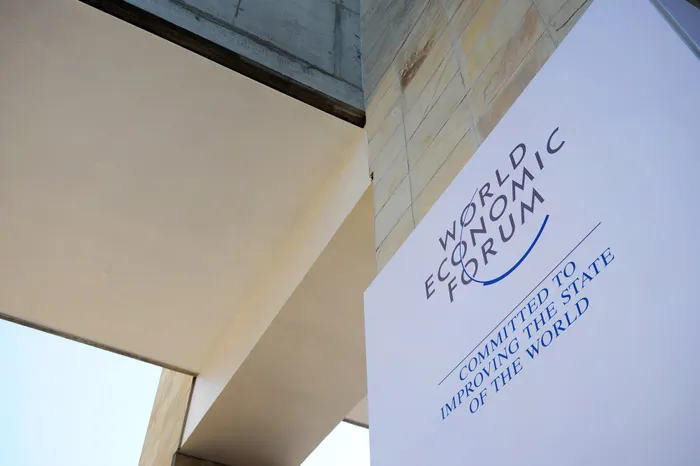SA government a no-show at WEF briefing on its first 100 days in office

Members of the SA government were absent during a briefing session at the WEF Africa focusing on the first 100 days of president Ramaphosa's new administration. Picture: David Ritchie/African News Agency(ANA) Members of the SA government were absent during a briefing session at the WEF Africa focusing on the first 100 days of president Ramaphosa's new administration. Picture: David Ritchie/African News Agency(ANA)
Cape Town - Members of the South African government were conspicuously absent during a briefing session at the World Economic Forum on Africa in Cape Town focusing on the first 100 days of president Cyril Ramaphosa's new administration.
The briefing session, addressed by Ann Bernstein, executive director of Johannesburg-based think tank, the Centre for Development and Enterprise, took place while angry demonstrators gathered outside the Cape Town International Convention Centre to protest the murder of women and children in South Africa.
Asked why there were no representatives from the host country government, Oliver Cann, head of communications for WEF, said: "We invited them and due to scheduling we've been told they can't join us."
Bernstein was critical of Ramaphosa's first 100 days in office, saying while he's started the pushback against corruption and the capture of state institutions and parastatals, the president had not moved fast enough to capitalise on his victory at the polls in May.
"I don't think think he seized that moment and started to lead the country out of this many difficulties," she said.
"We sit with an economy that is pretty stagnant. Our macroeconomics, our fundamentals, are not sound, our finances as a government are heading into an explosive arc and the overall path South Africa is on now is not sustainable, so we have to make changes and the question is quickly?"
Benstein said Ramaphosa's "everything's fine" approach was not working.
She did, however, have praise for Finance Minister Tito Mboweni and his economic strategy paper released last week.
"That is the kind of direction South Africa has to go. It's a bold set of recommendations which have been floating around for a while and he's putting it on the table and let's make some decisions...use it as a wedge to make the kind of decisions on economic reform that's desperately needed."